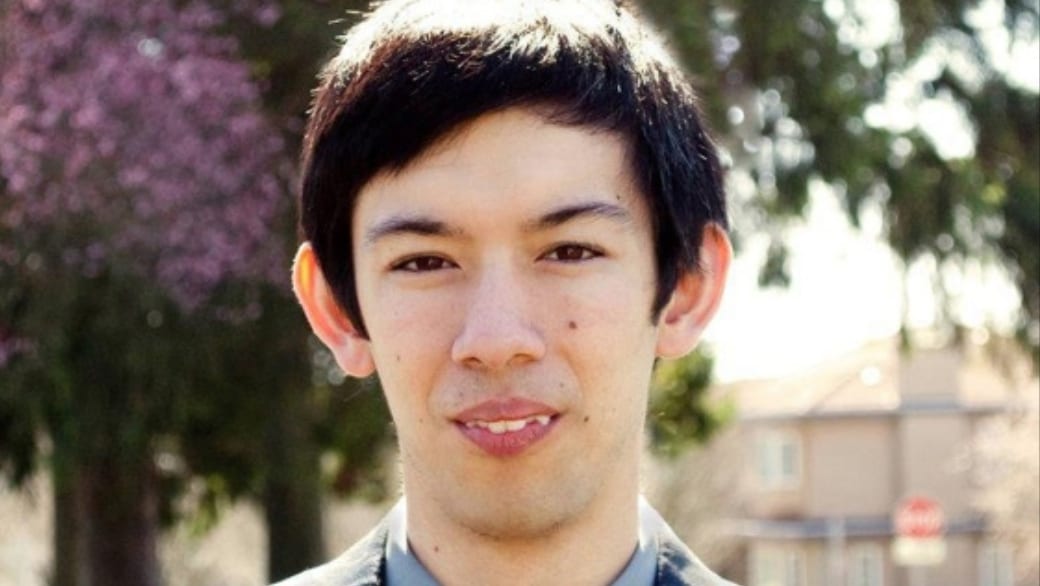“You run like a queer!”
While insults like this may keep some closeted young athletes from coming out to their teammates, Trevor Ritchie took it as inspiration.
“I just decided I didn’t want to deal with this for the next two years. We were a three-year team, trying to build towards winning a season finally, and we can’t do that if we’re all taking pot-shots at one of the pitchers,” he says of his midget baseball team in Burnaby.
Ritchie was 15 at the time and can still remember how one teammate literally fell out of his seat upon hearing the news. “He had no idea that I actually was gay,” Ritchie says. “Thinking of all the things he’d said to me, both as a rival and a teammate, he realized he’d said a lot of homophobic things.”
Ten years later, Ritchie has written a book (Rainbow Lockers) about homophobia in sports, based on research he conducted as a student at the University of British Columbia. He found that while homophobia does exist, perceptions of sexuality-based discrimination in sports exaggerate what’s actually happening on the field or in the locker room.
“And that’s what’s holding a lot of people back [from getting involved in sports],” he says.
In 2011, Ritchie received a LOUD scholarship from the BC lesbian and gay business association, which recognizes the hard work and community involvement of LGBT students. The award helped pay Ritchie’s tuition and afforded him the opportunity to research and write Rainbow Lockers.
Ritchie has completed a BA in political science, a bachelor of education and is now enrolled in UBC’s diploma program in adult education. He says his LGBT activism over the years informs the kind of teacher he wants to be — one who can engage with students about homophobia and other kinds of discrimination.
“I wanted to get into the social studies, the civics, the history [classes] so that I could have those discussions with the students,” he says.
Ritchie currently tutors at the Burnaby Youth Custody Services Centre, where he hopes to one day work permanently.
“The kids are not what you would expect of them. You think incarcerated youth and you think they’re going to be problematic or disrespectful of authority. I actually found quite the opposite,” he says.
“From my perspective, they’re just teenagers.”
<< Previous: 2010 LOUD recipient Jacob Schroeder
>>Next: 2011 LOUD recipient Leah Nusgart
The LOUD Foundation is now accepting applications for its 2016 scholarships until Jan 31, 2016. Students of all sexualities, gender expressions and ages are encouraged to apply, not just academic achievers. Leadership comes in many forms.

 Why you can trust Xtra
Why you can trust Xtra


